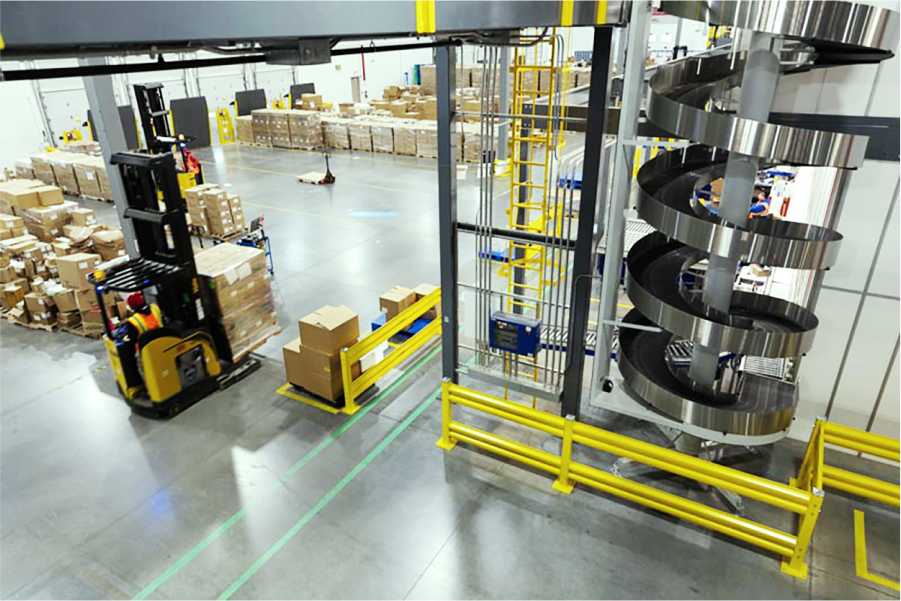Yes, Ryder provides wholesale fulfillment through its supply chain solutions. Wholesale fulfillment, which is also known as wholesale logistics or wholesale distribution, is a critical component of the supply chain that caters specifically to the needs of businesses purchasing goods in bulk for resale, distribution, or internal use. Unlike retail fulfillment, which focuses on individual consumer orders, wholesale logistics revolves around fulfilling larger-volume orders placed by wholesale customers, retailers, distributors, or other businesses. These orders are typically substantial in size and may be destined for warehouses, distribution centers, or directly to the business customers themselves.
The wholesale distribution process encompasses various logistical operations, including receiving orders, picking products from inventory in bulk quantities, packaging items according to business requirements, and shipping them out efficiently. Additionally, fulfillment may involve specialized services such as bulk packaging, palletization, labeling, or custom branding tailored to the specific needs of wholesale customers. Accuracy, reliability, and consistency are paramount in fulfillment services to meet the expectations of business clients and ensure long-term relationships.
One significant distinction between wholesale fulfillment and retail fulfillment lies in the nature of the customer base and order characteristics. Wholesale fulfillment serves businesses and other wholesale customers who typically place larger, less frequent orders compared to individual consumers. As a result, wholesale fulfillment operations often prioritize efficiency, scalability, and cost-effectiveness to accommodate the higher order volumes and unique requirements of business clients. By understanding the nuances of wholesale fulfillment and tailoring their strategies accordingly, businesses can effectively meet the demands of their wholesale customers while optimizing their supply chain operations for success.











